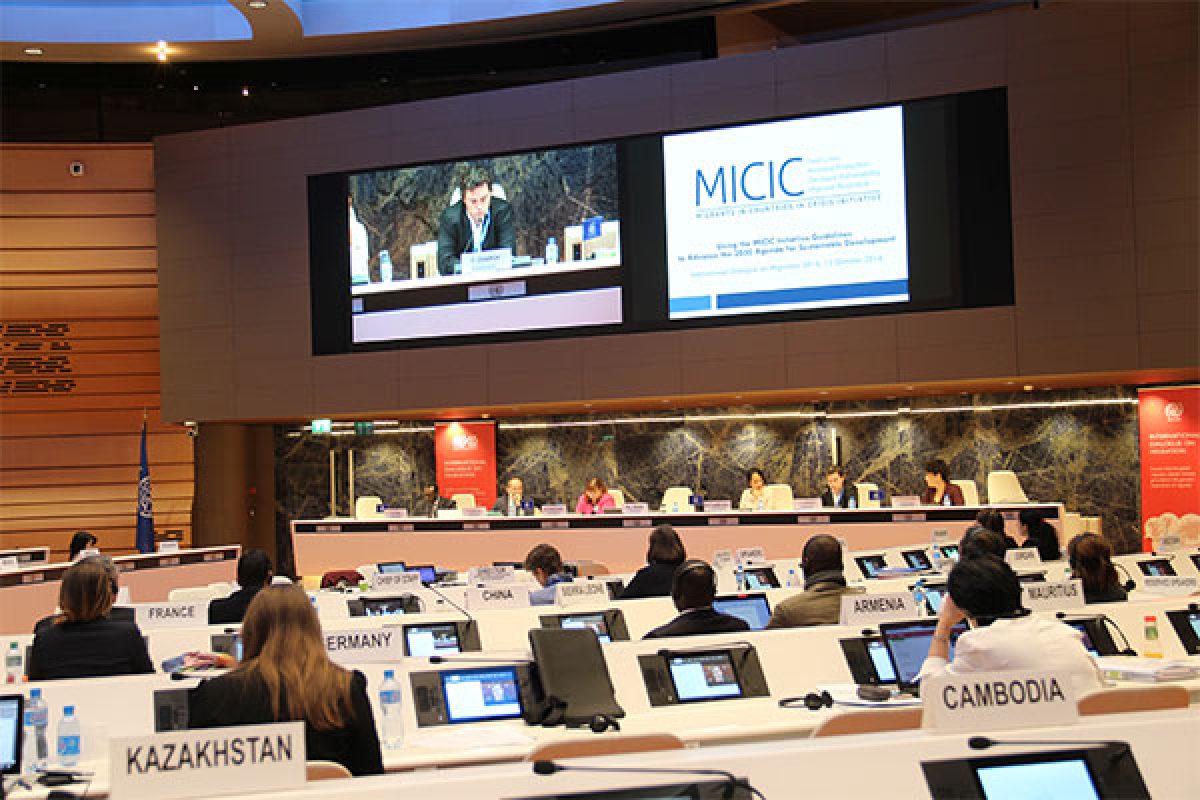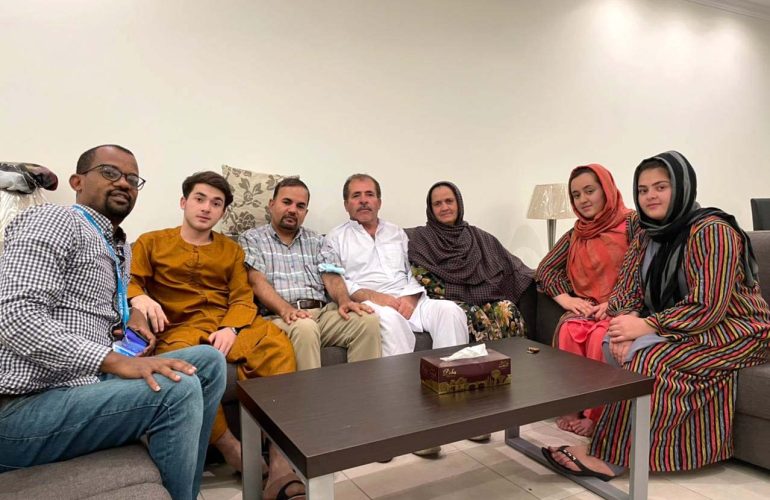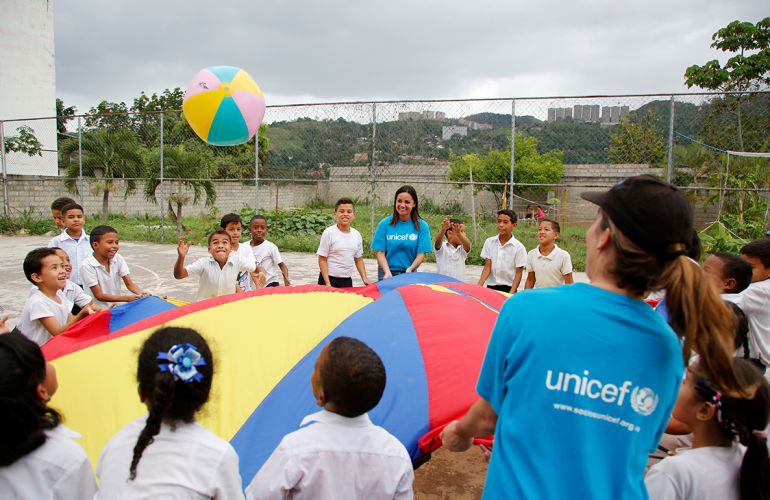Implementing the Migrants in Countries in Crisis Guidelines: A Practitioner’s Perspective

Far from being an abstract set of recommendations, the Migrants in Countries in Crisis (MICIC) guidelines are instead a tool of extremely practical use for humanitarian and other practitioners in the migration field.
This is the perspective that ICMC’s Operations Officer, Thibault Chapoy, brought to the high-level panel of speakers at an event organized yesterday by the International Organization for Migration and aimed at discussing the role of these recently developed guidelines in advancing the 2030 Agenda for Sustainable Development.
A former ICMC-UNHCR resettlement expert deployed in Tunisia following the Libyan uprising of 2011, Chapoy took the occasion to share his personal experience addressing the protection needs of the many refugees and asylum seekers who were fleeing the turmoil of the Arab Spring. “I was there, posted and working in Shousha camp at the outset of the crisis (…), when 7,000 persons a day were fleeing Libya and crossing the Tunisian border”, he recounted. It is exactly in critical circumstances, Chapoy continued, that the practical value of the MICIC guidelines comes into play: in times of conflict or natural disaster, a set of guidelines allows the first responders on the ground to react quickly and efficiently to protect the migrants involved. The MICIC framework greatly contributes to these efforts by – among others – avoiding tensions between migrant and refugee communities, providing counseling to advise populations, improving coordination among the different actors in the field, and offering special protection to the most vulnerable groups.
The guidelines, however, will need to be duly implemented in order to show effectiveness. “Keep in mind that guidelines provide key orientations and recommendations but need to be translated in a practical way in the field, adjusted and tailor-made on specific contexts and ad-hoc standard operating procedures”, Chapoy concluded.
Since February 2015, ICMC’s Migration and Development (“MADE”) civil society network was global co-organizer of six regional consultations on MICIC around the world. These consultations brought together over 100 civil society advocates and practitioners in migrant rights and refugee protection from some 60 countries to make recommendations and develop the guidelines directly with governments. Many of the participants were themselves migrants, refugees or members of the diaspora.


